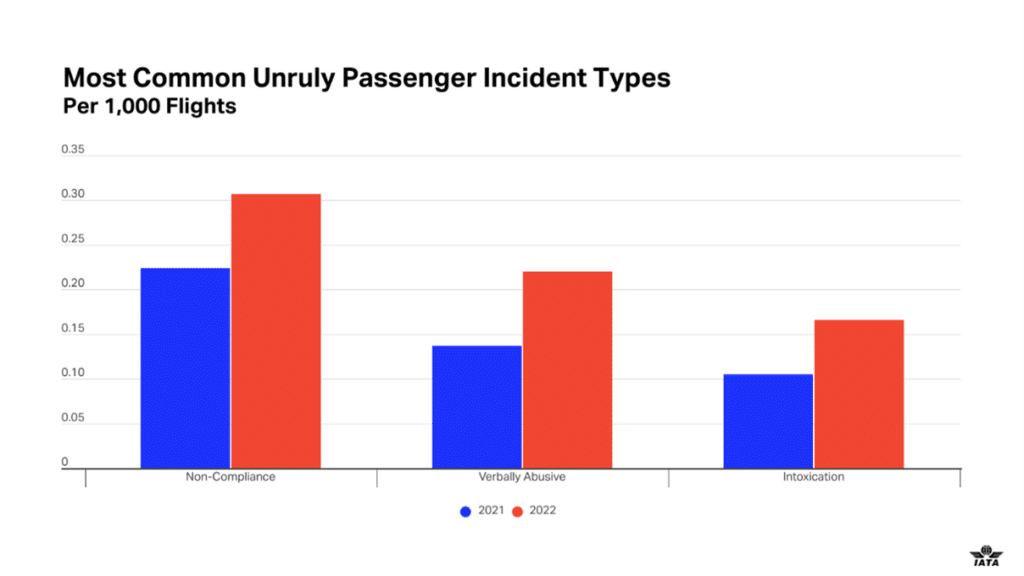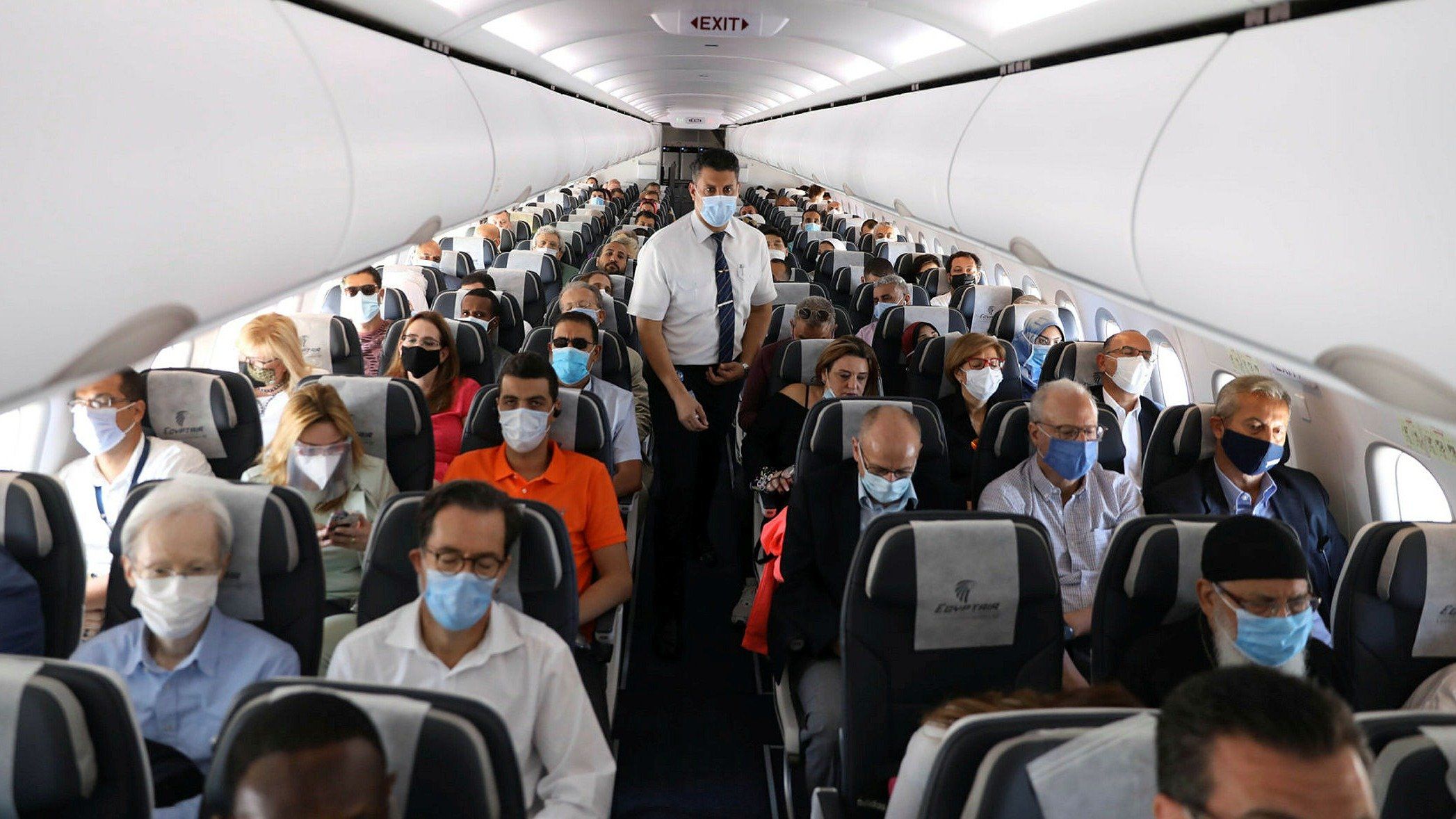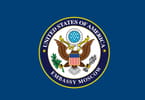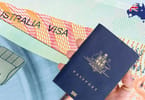The International Air Transport Association (IATA) released a new analysis showing that reported unruly passenger incidents increased in 2022 compared to 2021. IATA called for more states to take the necessary authority to prosecute passengers under Montreal Protocol 2014 (MP14).
The latest figures show that one unruly incident was reported for every 568 flights in 2022, up from one per 835 flights in 2021. The most common categories of incidents in 2022 were non-compliance, verbal abuse, and intoxication.
Physical abuse incidents remain rare, but these had an alarming increase of 61% over 2021, occurring once every 17,200 flights.

Although non-compliance incidents initially fell after the mask mandates were removed on most flights, the frequency began to rise again throughout 2022 and ended the year some 37% up in 2021. The most common examples of non-compliance were:
- Smoking of cigarettes, e-cigarettes, vapes, and puff devices in the cabin or lavatories
- Failure to fasten seatbelts when instructed
- Exceeding the carry-on baggage allowance or failing to store baggage when required
- Consumption of own alcohol on board
Two-pillar strategy
A two-pillar strategy is in place for the zero-tolerance approach to unruly behavior.
- ụkpụrụ: Ensure governments have the legal authority to prosecute unruly passengers, regardless of their state of origin, and to have a range of enforcement measures that reflect the severity of the incident. Such powers exist in the Montreal Protocol 2014 (MP14), and IATA urges all states to ratify this as soon as possible. Some 45 nations comprising 33% of international passenger traffic have ratified MP14.
- Guidance to prevent and de-escalate incidents: Prevent incidents through collaboration with industry partners on the ground (such as airports, bars and restaurants, and duty-free shops), including, for example, awareness campaigns on the consequences of unruly behavior. Additionally, sharing best practices, including training, for the crew to de-escalate incidents when they occur. A new guidance document was published at the beginning of 2022, gathering best practices for airlines and providing practical solutions to governments on public awareness, spot fines, and fixing jurisdiction gaps.
“In the face of rising unruly incident numbers, governments and the industry are taking more serious measures to prevent unruly passenger incidents. States are ratifying MP14 and reviewing enforcement measures, sending a clear message of deterrence by showing they are ready to prosecute unruly behavior. For the industry’s part, there is greater collaboration. For example, as the vast majority of intoxication incidents occur from alcohol consumed before the flight, the support of airport bars and restaurants to ensure the responsible consumption of alcohol is particularly important.
“No one wants to stop people from having a good time when they go on holiday—but we all have a responsibility to behave with respect for other passengers and the crew. For the sake of the majority, we make no apology for seeking to crack down on the bad behavior of a few travelers who can make a flight very uncomfortable for everyone else,” said Clifford.























